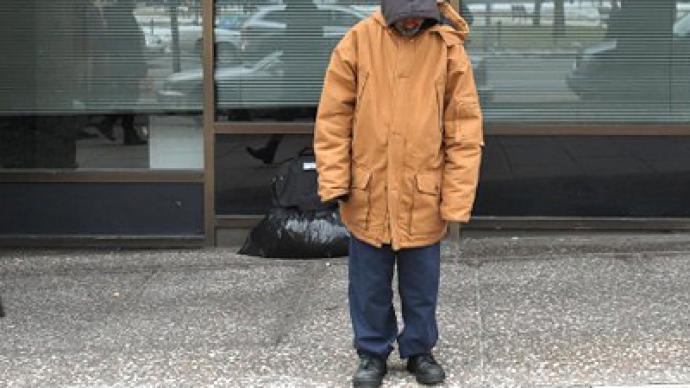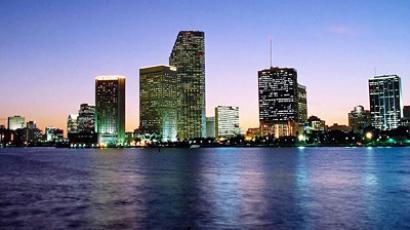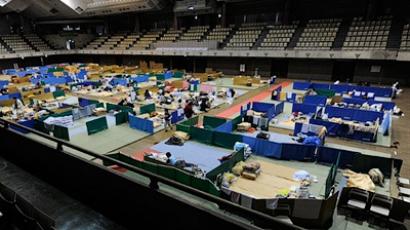America’s forgotten homeless students

President Obama has said he is committed to education to keep America competitive. But at a time when so many American families deal with the consequences of the economic crisis, academic success is becoming more elusive.
In California alone, some 2.2 million children are living in poverty. Of these, 13 percent are homeless, that’s almost 300 thousand children experiencing homelessness each year.As a homeless child, Tokoyo Palmer has been forced to grow up faster than most kids.“I don’t want no kids to go through this, I’m 14 years old, this is a lot of tragedy for me,” said Palmer.After losing everything in Hurricane Katrina, he and his father headed west, but their move to California has only led to poverty, unemployment and ultimately homelessness.“It’s not a good thing that a kid should go through at all,” said Palmer. "Because I’ve been on skid row, I’ve been everywhere,” Palmer added.Tokoyo is among the growing number of homeless children in Los Angeles and around the nation. Last year, the Department of Education reported that there were nearly one million homeless students in America’s public schools.There are 13,000 homeless students in the Los Angeles area alone. That is more than a 50 percent increase in five yearsStudent counselor Alejandro Macias has seen this steady rise in homeless students since the housing crash.“These families that we help, that are homeless, they’re looking for employment. They want employment and quite frankly, there isn’t employment right now,” said Macias.Tokoyo must take two public transit buses to get to school. After class he returns to a shelter, which just happens to be next to one of the largest hotel skyscrapers in Los Angeles. A night in the hotel can cost more than 400 dollars a night, and guests can enjoy massages at the Ritz-Carlton spa, the type of luxuries Tokoyo and other children in his situation can only dream of.“I feel, especially in the government, that they are so high standard, so high class, that they don’t have to worry about anybody. Put yourself in my shoes,” said Palmer.The constant insecurity that homeless students encounter makes it nearly impossible to succeed in school and move up in economic status — a challenge likely to increase as legislators in Washington debate making cuts to programs which help our nation’s hungry.Tokoyo’s father believes the debate is not really considering the people who are suffering on the streets.“We’ve got a war right here. We have to fight to get our American people off the street,” said Ralph Palmer.Tokoyo knows he will get a good lunch at school, but having dinner or even having a place to stay at night is always uncertain.The National Center on Homelessness tested a portion of California’s 34,000 homeless high school students and found that only nine percent were proficient at reading and only five percent were proficient in math — a problem which will likely worsen as job losses, foreclosures and evictions push more families to the streets.“The world needs to know what it is to be homeless because my secret to get through homelessness is school,” said Tokoyo Palmer.Despite dealing with poverty and discrimination, Tokoyo still dreams of being a basketball player or musician, or perhaps even the president of the United States.Until he reaches high office, he has a message for those who are in power now.“You’re giving money to other people, but there are kids who are homeless. Children in your state. And you can’t help them out?” said Palmer.A challenge – expressed with the clarity of childhood- to the nation’s elite.














